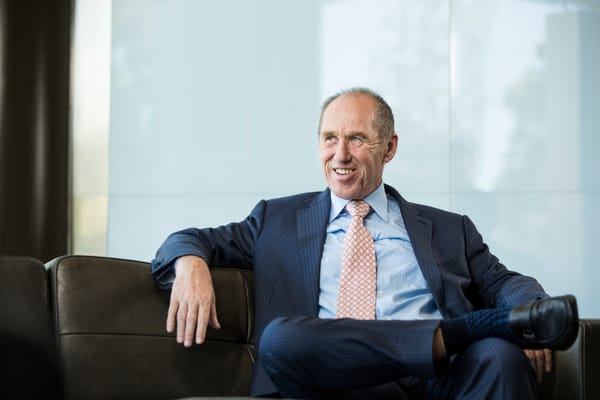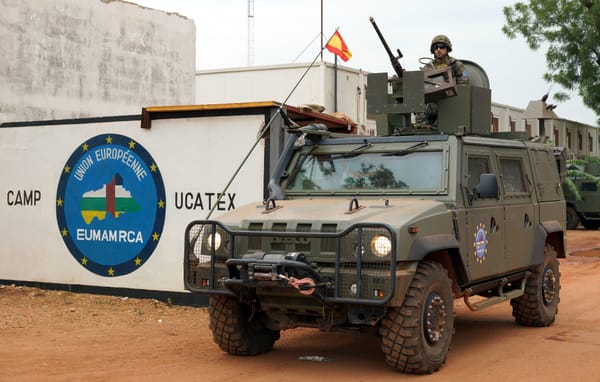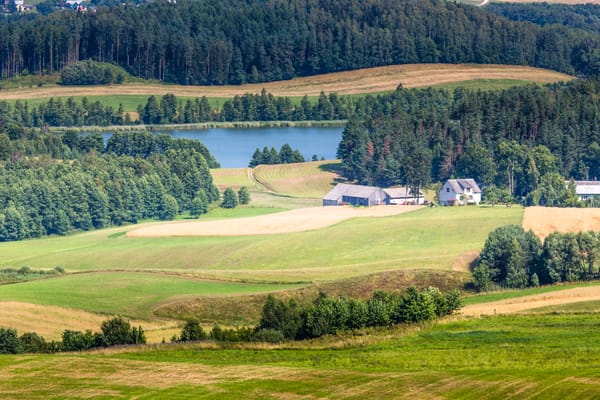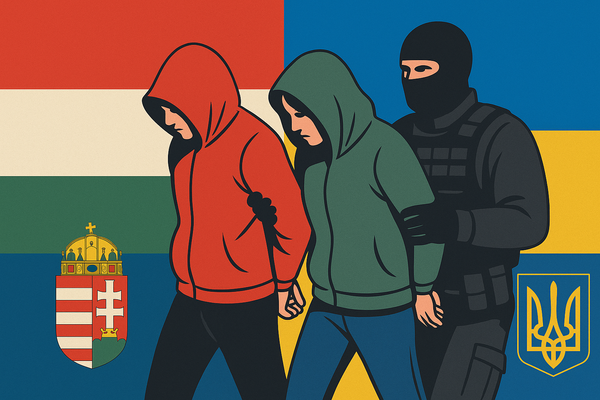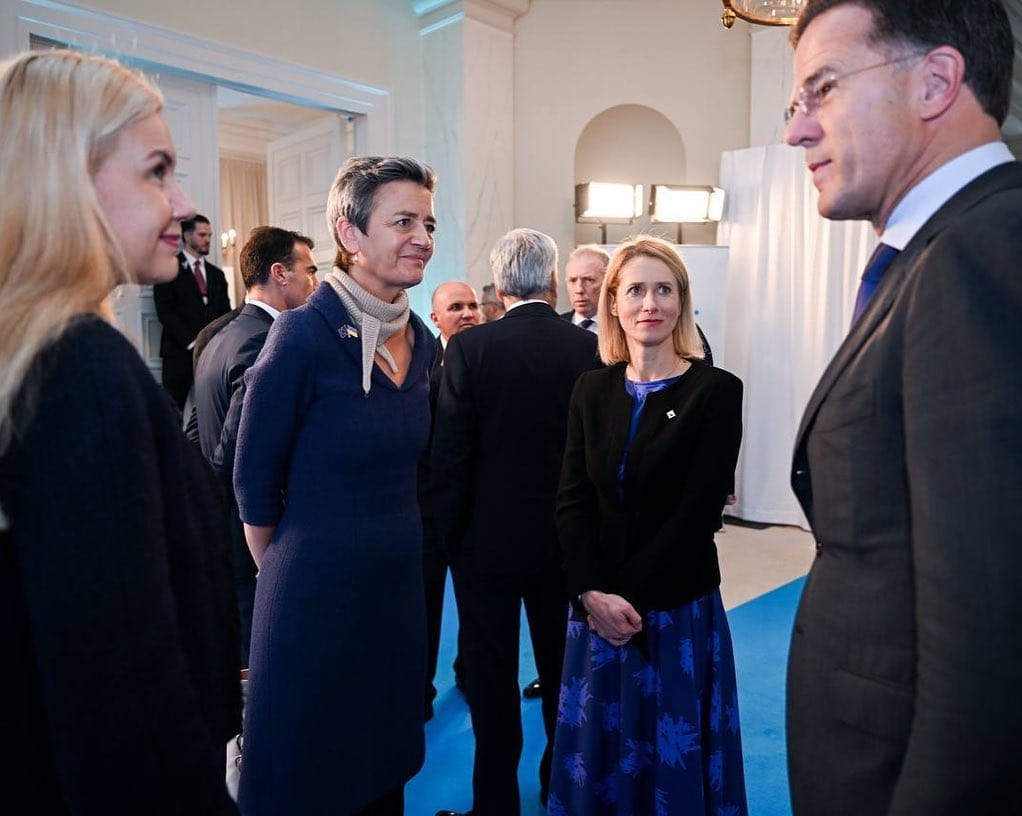
CEE hopefuls for NATO chief emerge, but Rutte in pole position
Prime Minister of the Netherlands Mark Rutte is reportedly likely to succeed NATO Secretary General Jens Stoltenberg in October, as the US on Wednesday 21 February joined the group of two-thirds of member countries who back his nomination.
Although US President Joe Biden has not publicly backed Rutte, one of Europe’s longest-serving leaders, a US official speaking on condition of anonymity revealed Biden’s support, according to Politico.
Central and Eastern Europe (CEE) politicians who have shown interest in the job include Estonian Prime Minister Kaja Kallas, Romanian President Klaus Iohannis, and Latvian Foreign Minister Krisjanis Karins. Kallas has publicly questioned Rutte’s front-runner status, but it is not yet clear whether the three CEE politicians have asked their NATO ambassadors to formally raise their candidacies, which are traditionally covert.
NATO is keen to announce Rutte’s leadership before its 75th-anniversary summit in Washington in July, as well as the EU and US elections in June and November respectively. The appointment of a NATO secretary general requires a unanimous vote.
Rivals emerge from CEE
It is “very likely” that Rutte will get the top job, Dutch Chief of Defence General Onno Eichelsheim said. However, the presumption that Rutte is largely a done deal has been shaken by a Bloomberg report that Iohannis will also bid and a groundswell of online support for Kallas. Romania has put forward the name of Iohannis, a longstanding EU and defence advocate, for the role, according to European officials quoted by Bloomberg.
Cristian Dorobantu, a Romanian parliamentary security and defence adviser said his country’s outgoing president best fits the current security context. “There is a feeling in Eastern Europe regarding [NATO’s] stance on Russia, that it’s been too light, including the sanctions, the actions, the help that’s being sent to Ukraine and the whole situation in general,” he told German outlet Deutsche Welle.
Former NATO official and analyst Edward Hunter Christie tweeted “Rutte will likely be a good SG”, but commented that it is “well past time to have a CEE leader as NATO SG. I think the outcome actually is a political insult to CEE allies. But it is up to them to make their voices heard. If they get the assurances they need, whatever those may be, all will move forward.”
Ben Tallis, a senior fellow at the German Council on Foreign Relations, said “We’ve had Central and Eastern European countries in NATO for 25 years, and they have not once had a secretary-general.” Tallis and Atlantic Council Scowcroft Strategy Initiative director Andrew Michta both backed Kallas. “There is still time to course-correct,” Michta tweeted.
Tallis said “People have become involved in the politics of their defence over the last two years to a greater degree than in the last generation, and people have to feel represented in that process, not shut out of it.” He added that online momentum had contributed to the decisions of the governments of the US, UK, Germany and France to endorse Rutte this week.
For his part, Karins has broken NATO etiquette by appearing to campaign for the post. His name has barely been mentioned, however, and NATO officials are still insisting that Rutte is the only official candidate.
Ukraine, US Republicans on agenda for next SG
Defence spending has long been a source of contention within the alliance, but this year, 18 of the 31 NATO member states, including the Netherlands, are set to meet the 2% of GDP defence spending target, up from 7 in 2023.
Rutte has been a staunch supporter of NATO through the travails of the war in Ukraine and NATO-sceptical US President Donald Trump’s tenure, while the Netherlands has committed to sending a record 24 F-16 fighter planes to Kyiv.
The Netherlands has also sent ammunition, tanks, artillery systems and air defence systems to Ukraine, and has pledged just under EUR 2bn for humanitarian and military support this year alone. However, the Netherlands spent only at 1.7% of GDP on defence in 2023. Estonia spends more than 3% of its GDP on its military; Romania, just under 2.5%.
NATO chief may need to win Trump over
The next NATO leader will have to contend with the many Republicans in Washington calling to abandon the country’s support of Ukraine. Rutte said last week that Europe’s defence needs have more to do with Russia than the US president.
Nevertheless, Rutte appears willing to take over Stoltenberg’s so-called “Trump whisperer” role, should that be necessary after November. Trump has previously spoken favourably of his interactions with Rutte. “A safe and stable Europe is in the political, but also military, interests of the US… I think Trump will see that and that will continue,” Rutte told Deutsche Welle.
Turkey and Hungary have recently been the main holdouts regarding new members joining the defence alliance, and may remain problematic for NATO.
This article was updated on Sunday 25 February to include defence experts’ quotes.


